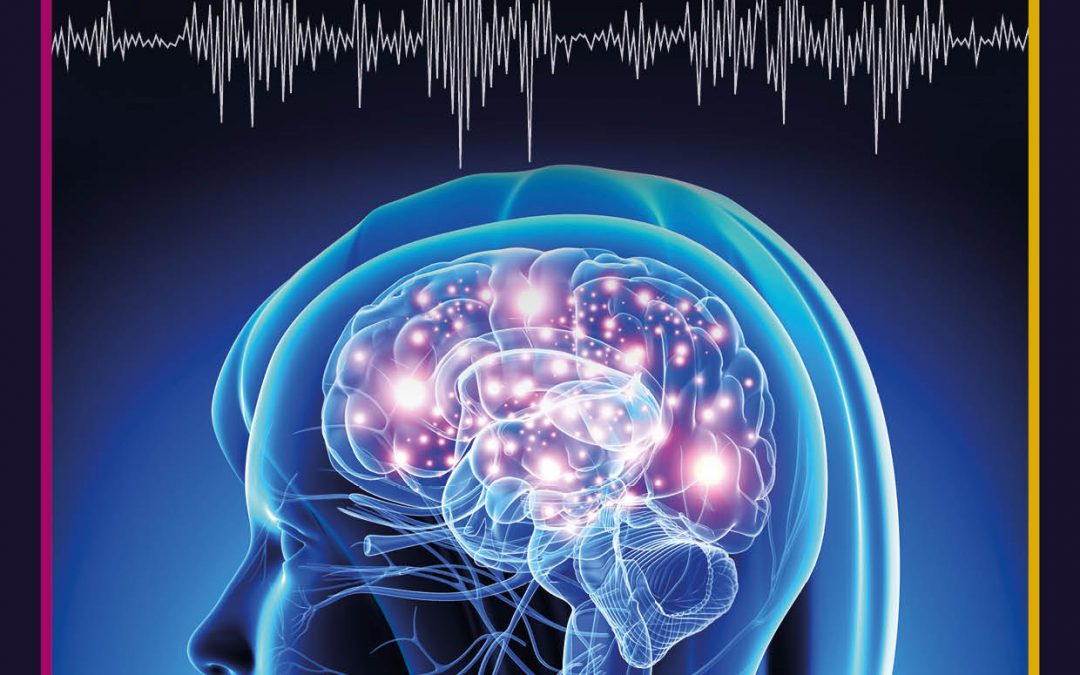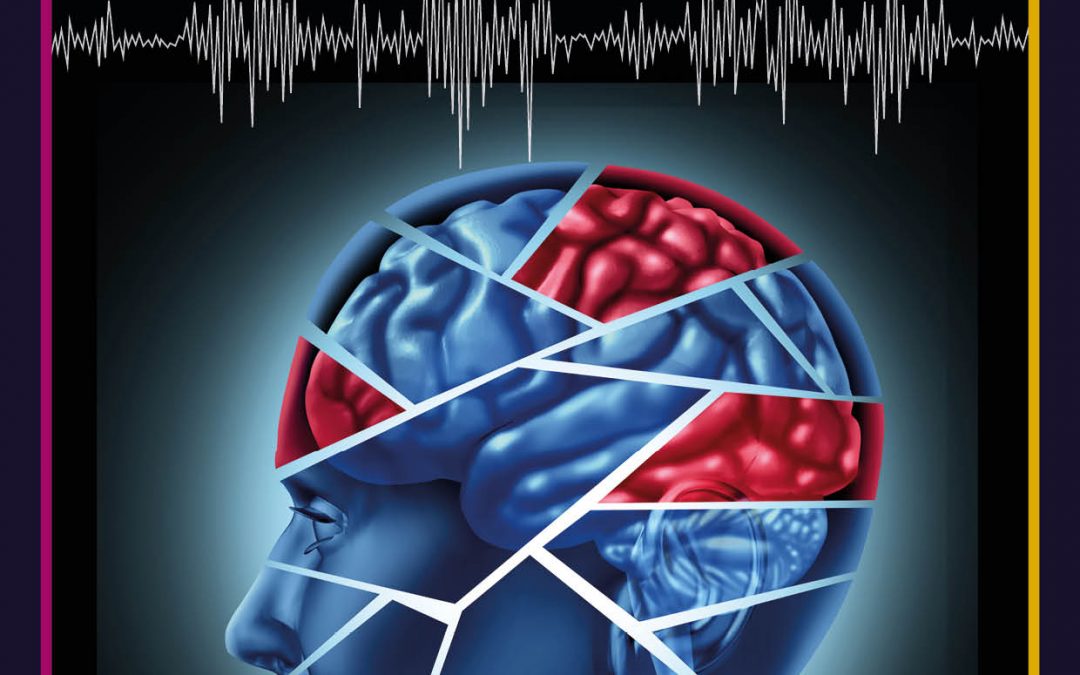
by admin | Nov 22, 2021 | biology, health and medicine, social and behavioural sciences
Neurodevelopmental Disorders Arising From Histone Methylation Malfunctions – Dr Shigeki Iwase, University Of Michigan SciPod · Neurodevelopmental Disorders Arising From Histone Methylation Malfunctions – Dr Shigeki Iwase Original Article Reference This...

by admin | Nov 22, 2021 | biology, health and medicine, social and behavioural sciences
Mapping Brain Networks To Understand Epilepsy – Dr Victoria Morgan, Vanderbilt University Medical Center SciPod · Mapping Brain Networks To Understand Epilepsy – Dr Victoria Morgan Original Article Reference This SciPod is a summary of the...

by admin | Nov 22, 2021 | biology, health and medicine, social and behavioural sciences
Improving Patient Outcomes In Traumatic Brain Injury – Dr Jack Jallo, Thomas Jefferson University SciPod · Improving Patient Outcomes In Traumatic Brain Injury – Dr Jack Jallo, Thomas Jefferson University Original Article Reference This SciPod is a summary...

by admin | Nov 3, 2021 | health and medicine, social and behavioural sciences
Hookah Smoking Understanding User Perceptions And Health Risks -Professor Mary Rezk – Hanna, University Of California SciPod · Hookah Smoking Understanding User Perceptions And Health Risks Original Article Reference This SciPod is a summary of the...

by admin | Oct 15, 2021 | health and medicine, social and behavioural sciences, trending
Examining Behavioural Changes During COVID-19 Lockdowns – Centre for Time Use Research SciPod · Examining Behavioural Changes During COVID-19 Lockdowns Share Episode Tweet Share 0 Reddit +1 Pocket Pinterest 0 LinkedIn 0 Email VKontakte In Collaboration with...

by admin | Sep 23, 2021 | business and economy, social and behavioural sciences, trending
Redefining Sustainability Standards to Improve Lives and Livelihoods – Professor Maja Tampe, Esade business school SciPod · Redefining Sustainability Standards To Improve Lives And Livelihoods Original Article Reference This SciPod is a summary of the paper...







